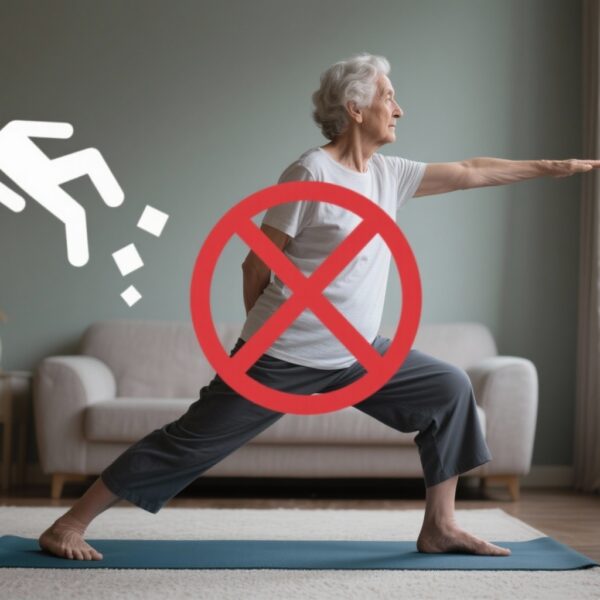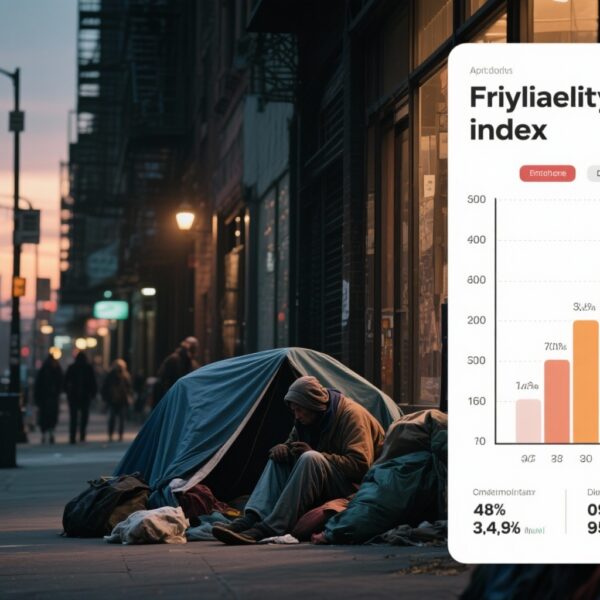Highlights
- Older men have elevated suicide rates, underscoring urgent need for targeted prevention strategies.
- The Conversations about Suicide course effectively enhances older men’s knowledge and intended supportive actions towards individuals experiencing suicidal thoughts in a community setting.
- These improvements are sustainable, with significant benefits persisting at 7 months post-training.
- Men’s Sheds offer an effective, accessible platform for delivering suicide prevention training to older males.
Background
Older men aged 65 years and above consistently exhibit higher suicide rates compared to other age groups globally and in Australia. Complex factors contributing to this increased risk include social isolation, comorbid physical illness, bereavement, stigma around mental health discussion, and reluctance to seek professional help. Despite this elevated risk, there are considerable gaps in effective suicide prevention tailored specifically toward older male populations. Training lay community members to recognize and respond to suicidal ideation offers a promising avenue to equip social networks with skills to intervene early, potentially reducing fatalities.
Australian Men’s Sheds, community spaces fostering male socialization and shared activities, are well-positioned to deliver peer-focused health education interventions. However, rigorous evaluation of suicide prevention training within such settings has been limited.
Key Content
Study Design and Population
Morgan et al. conducted a cluster randomised controlled trial (RCT) across 20 Men’s Sheds clusters in Victoria, New South Wales, Queensland, and Western Australia. Clusters were randomly assigned (1:1) to receive the Mental Health First Aid (MHFA) Conversations about Suicide course or to a waitlist control, with allocation stratified by cluster size to optimize balance. All male shed members were eligible, with a final analyzed sample of 261 participants (92 intervention, 169 control), mean age 71.6 years.
Intervention: Conversations about Suicide Course
This course is a tailored MHFA training module that educates participants to identify signs of suicidal ideation, engage in supportive conversations, and encourage professional help-seeking. The curriculum emphasizes practical, action-oriented skills and destigmatizing attitudes toward discussing suicide.
Outcomes and Measures
Primary outcome was participant intended actions toward a person exhibiting suicidal thoughts. Actions were categorized as recommended (appropriate, supportive) or non-recommended (potentially harmful or ineffective). Data were collected at baseline, 1 month, and 7 months post-intervention, with intention-to-treat analysis deployed.
Findings
The intervention led to statistically significant improvements in the number of recommended intended actions compared to control at both 1-month (mean difference 4.42, 95% CI 3.19–5.64, p<0.0001) and 7-month (mean difference 3.31, 95% CI 2.06–4.57, p<0.0001) follow-ups. Non-recommended intended actions showed small, non-significant reductions in the intervention group compared to control at both timepoints.
These findings indicate pronounced and sustained enhancement of community members’ suicide prevention knowledge and intended behaviors in an older male cohort following the training.
Contextualizing Within Existing Literature
Previous MHFA training evaluations in general adult populations have demonstrated improved suicide literacy and confidence in providing support. However, specific data on older men—a group historically underrepresented—have been sparse. This trial thus addresses a critical evidence gap by confirming the feasibility and effectiveness of such training in older men within a communal, peer-support context.
Methodological Strengths
Cluster randomization minimized contamination risks. The use of validated outcome measures and intention-to-treat analyses strengthened internal validity. The multicenter design across several Australian states enhanced generalizability within community older male populations.
Limitations
The trial did not measure actual behavioral enactment in real-world scenarios or longer-term clinical outcomes such as suicide attempts or mortality. Potential selection bias toward more socially engaged shed members may influence generalizability to isolated or less accessible older men.
Expert Commentary
This study compellingly demonstrates that structured suicide prevention training can be successfully delivered and accepted in community venues frequented by older men, a group often reluctant to engage in mental health interventions. Men’s Sheds provide a culturally and socially congruent environment that may reduce stigma barriers and foster peer discourse about suicide prevention.
Biologically and psychologically, older men may demonstrate unique vulnerability to suicidal behavior through factors such as depressive symptoms linked to chronic illness, neurobiological changes with aging, and social withdrawal. The offered training equips peers to recognize subtle behavioral or conversational cues rooted in these complex biopsychosocial changes.
Guidelines from bodies like the World Health Organization emphasize community-based interventions to broaden suicide prevention reach, especially in at-risk populations. This trial aligns with such recommendations, offering a scalable, sustainable model.
Future research should focus on the translation of improved knowledge and intentions into observed helping behaviors, potential reductions in suicide rates, and adaptations for more isolated populations. Integration with professional mental health services via referral pathways could enhance the impact.
Conclusion
The cluster RCT by Morgan et al. is a significant advance in suicide prevention research among older men. The Conversations about Suicide course, delivered through Australian Men’s Sheds, substantially improved suicide prevention knowledge and recommended supportive intentions with sustained effects at 7 months. Community organizations such as Men’s Sheds serve as promising platforms for dissemination of mental health interventions targeting high-risk, hard-to-reach demographics.
The findings advocate for broader implementation of targeted suicide prevention training in older male community settings as a key component of comprehensive public health strategies addressing late-life suicidality.
References
- Morgan AJ, Ross AM, Oostermeijer S, Kelly CM, Nicholas A, Pirkis J, Reavley NJ. Suicide prevention training in older men: a cluster randomised controlled trial of the Conversations about Suicide course in Australian Men’s Sheds. Lancet Healthy Longev. 2025 Aug;6(8):100741. doi: 10.1016/j.lanhl.2025.100741. Epub 2025 Aug 25. PMID: 40876470.
- Krysinska K, Batterham PJ, Tye M, et al. Suicide prevention interventions for older adults: A systematic review and meta-analysis. Aging Ment Health. 2019;23(12):1437-1445. doi:10.1080/13607863.2018.1506739
- Jorm AF, Kitchener BA, Fisher JL, et al. Mental Health First Aid training for the public: evaluation of effects on knowledge, attitudes and helping behaviour. BMC Psychiatry. 2010;10:51. doi:10.1186/1471-244X-10-51
- World Health Organization. Preventing suicide: A global imperative. Geneva: WHO; 2014.



